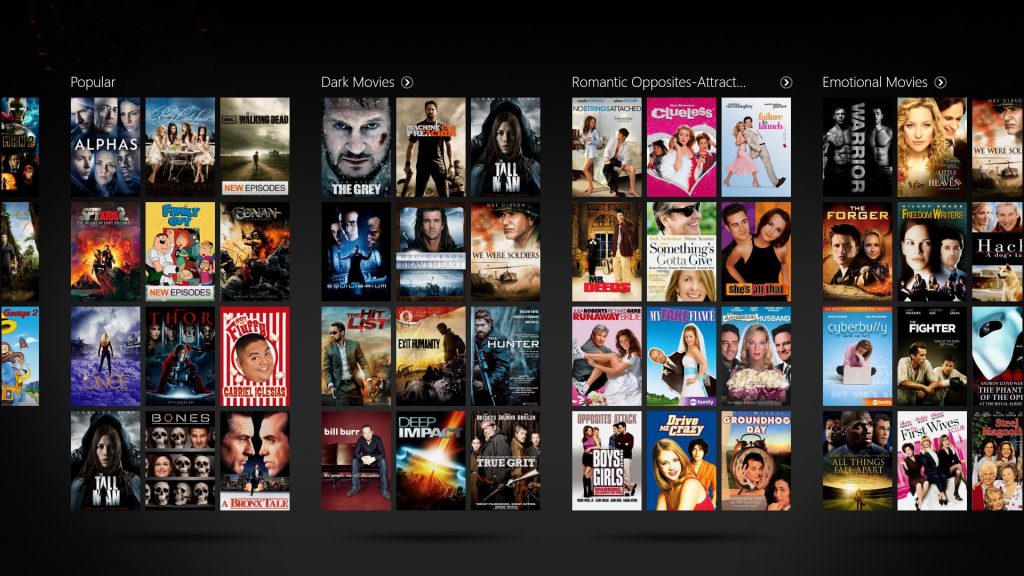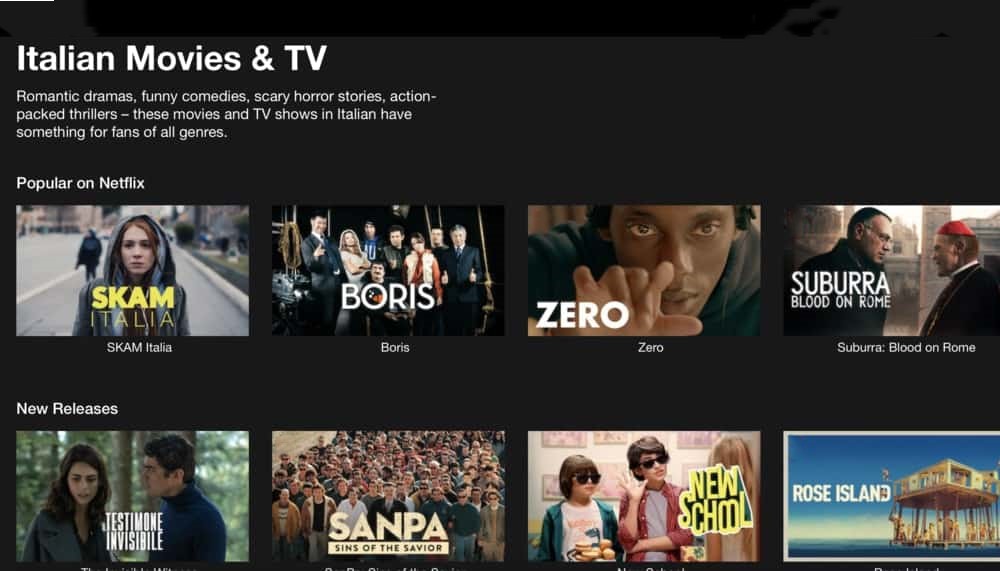Italian movies hailed for their rich storytelling, creative vision, and cultural significance, have made a lasting impression on the international film industry. Italian movies, from neorealism to contemporary classics, have enthralled viewers all around the world with their gripping stories, enduring characters, and stunning cinematography. We take you on a cinematic voyage through the vivid world of Italian cinema in this interactive investigation, where you’ll discover its many genres, significant directors, and timeless masterpieces that never go out of style.
The History of Italian Cinema
The history of Italian cinema began in the early 1900s when visionary directors like Vittorio De Sica, Federico Fellini, and Roberto Rossellini transformed the medium through ground-breaking realism and inventive storytelling methods. The post-World War II Italian neorealism movement gave rise to a new generation of socially conscious films that portrayed the hopes and hardships of common people against the backdrop of a country devastated by conflict.

The Italian Movie Industry’s Golden Age
Many people consider the 1950s and 1960s to be the height of Italian cinema’s creative innovation, ingenuity, and international recognition. Italy gained recognition as a leader in cinematic invention and inventiveness because of the works of Fellini, Michelangelo Antonioni, and Luchino Visconti, among other Italian directors who won awards and critical praise at major film festivals.
Italy’s cinema industry flourished throughout this century, releasing several beloved masterpieces that are still admired by moviegoers everywhere. Italian movies, which ranged from intimate character studies to huge historical dramas, enthralled audiences with their gripping stories, striking images, and outstanding performances.
Popular Italian Movies
From neorealism to comedy, drama, romance, and more, Italian cinema offers a wide range of films in different genres. Among the most well-known Italian movies that have made a lasting impression on viewers are:
Federico Fellini’s groundbreaking masterpiece of Italian cinema, “La Dolce Vita” (1960), explores themes of stardom, indulgence, and existential boredom by following a journalist through Rome’s opulent nightlife.
“Cinema Paradiso” (1988) – Helmed by Giuseppe Tornatore, “Cinema Paradiso” is a sentimental tribute to the cinematic medium, following the journey of a little child who grows up in a small Sicilian village and discovers a profound love for filmmaking.
“The Bicycle Thief” (1948) – Helmed by Vittorio De Sica, the film is a masterwork of neorealism that narrates the touching tale of a father and his son searching for a stolen bicycle, which symbolizes their sole source of income in Rome following World War II.
“Life is Beautiful” (1997) – A moving story of love and resiliency set against the backdrop of the Holocaust, directed by Roberto Benigni. The movie centres on a Jewish father who shields his son from the atrocities of a Nazi concentration camp by using comedy and creativity.
Federico Fellini’s bizarre and reflective film “8½” (1963) examines the existential crises and creative process of a filmmaker. The film offers a captivating voyage into the depths of the human psyche, blurring the boundaries between fact and fantasy.
Italian Movies in the Modern Era
Italian filmmakers are pushing limits and exploring new thematic frontiers while still honouring their rich cinematic history. Filmmakers like Paolo Sorrentino, Matteo Garrone, and Luca Guadagnino have won praise from critics all around the world for their daring plots, striking photography, and insightful storytelling.
Italian cinema has created a wide range of films in recent years that address current topics, question societal standards, and capture the complexity of Italian life today. With their distinct viewpoints and creative vision, Italian directors never fail to enthral audiences with their compelling crime dramas and moving coming-of-age stories.
Look Into More Chinese Dramas: Enthralling Eastern Stories

Commonly Asked Questions Concerning Italian Movies
Which classic Italian movies are there?
There is a long history of memorable movies in Italian cinema. Several iconic films include Federico Fellini’s “La Dolce Vita,” Vittorio De Sica’s “The Bicycle Thief,” Giuseppe Tornatore’s “Cinema Paradiso,” and Federico Fellini’s “8½.”
What does Italian movie neorealism mean?
Neorealism is the name given to a cinematic trend that originated in post-World War II Italy and was distinguished by its emphasis on social themes and realistic depictions of daily life. The goal of this movement, which included directors like Vittorio De Sica and Roberto Rossellini, was to document the hardships of common people.
What are a few well-known Italian directors?
Many well-known directors have come from Italy. The most renowned directors in Italian film history include Federico Fellini, Michelangelo Antonioni, Vittorio De Sica, Luchino Visconti, and Roberto Rossellini. Modern filmmakers like Matteo Garrone and Paolo Sorrentino are likewise well-known throughout the world.
Which genres are most common in Italian film?
Among the many genres represented in Italian film are neorealism, drama, comedy, romance, crime, and historical epics. Every genre has given rise to great movies that have profoundly influenced the international film business.
Do foreign countries dub or subtitle Italian movies?
When Italian is shown in a country where it is not the official language, subtitles are frequently included. For greater accessibility, some movies might also be dubbed into the native tongue.
Which Italian movies are trending right now?
The diversity of contemporary Italian society is reflected in the wide range of issues and genres explored in Italian cinema. Focusing on social themes, historical dramas, coming-of-age tales, and experimental filmmaking are some of the recent trends.
To what extent does Italian cinema impact the world?
Italian film has had a tremendous impact on the world film industry, motivating filmmakers everywhere with its creative vision, inventive storytelling, and cultural resonance. Italian films are still cherished by viewers all over the world and honoured at international film festivals.
Are there any worthwhile Italian film festivals to go to?
Numerous acclaimed film festivals are held in Italy, such as the Torino Film Festival, the Venice Film Festival, and the Rome Film Festival. These events, which bring together industry executives, worldwide film enthusiasts, and filmmakers, feature the finest of Italian and international cinema.
Conclusion
In summary, Italian movies are cherished by moviegoers worldwide for their exceptional artistic quality, cultural significance, and long-lasting heritage. Italian films have had a profound influence on the world of film, inspiring many generations of filmmakers and enthralling viewers with their timeless tales and exquisite cinematography. These films range from the post-war neorealist masterpieces to the contemporary masterpieces of the twenty-first century. The history of Italian cinema will surely live on as long as the country produces captivating and inventive movies, guaranteeing that its effect on the craft of filmmaking will always be felt in the years to come.









